Garage Door Opener Safety: What Every Homeowner Needs to Know
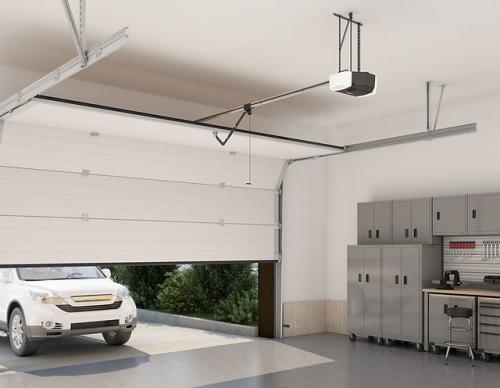
Your garage door opener is one of those modern conveniences
that you use every day without much thought - until something goes wrong.
Garage door openers are large, heavy pieces of equipment that have the
potential to cause serious injury if not operated and maintained properly. As a
homeowner, it's important to understand the key safety issues around garage
door openers.
Entrapment Risks
One of the biggest dangers with garage door openers is the
risk of entrapment. This can occur when the door's path is obstructed as it is
closing, trapping a person, pet or object underneath. Children are especially
at risk as they may try to run under a closing door or become trapped while
playing under or behind the door.
To prevent entrapment injuries, all garage door openers
manufactured after 1993 are required to have auto-reverse mechanisms that
detect obstructions and automatically reverse the door's direction when
striking an object. However, it's still critical to test this auto-reverse
feature monthly by placing a 2x4 board or similar object in the door's path.
The door should immediately reverse when striking the object. If it does not,
the opener requires service.
Force Adjustment
Garage doors are extremely heavy, often weighing several
hundred pounds. Improper force settings on the opener can lead to the door
exerting too much force, which may prevent the auto-reverse from working
properly. You should never try to adjust the force yourself, as this is a
complex process requiring special tools and knowledge. Instead, have a
professional garage door company inspect and adjust the force settings
annually.
Remote Control Safety
With the convenience of remote controls for garage door
openers, it can be easy for children to accidentally activate the opener while
playing. Always keep remote controls well out of reach of young children and
store them safely when not in use. You should also disable any built-in remote
controls in your car if you park outside within range of the opener to avoid
accidental activation.
Visual Safety Checks
In addition to testing the auto-reverse feature monthly, you
should also do regular visual inspections of the garage door system. Check the
condition of all pulleys, cables, brackets and mounting hardware looking for
any signs of wear, damage or loose components. The door itself should operate
smoothly and not become stuck in any position.
By understanding the key safety issues around your garage
door opener and making it part of your regular home maintenance routine, you can
avoid dangerous situations and operated your opener safely for years to come.


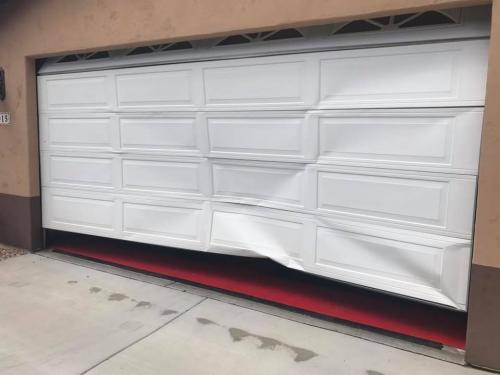
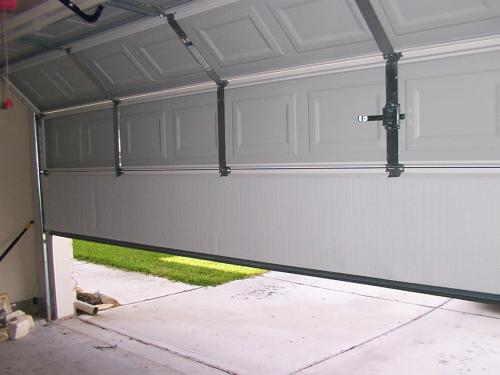

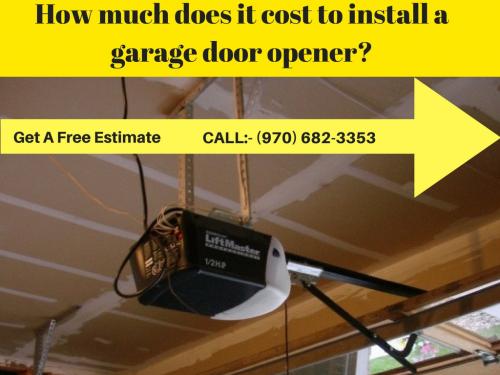



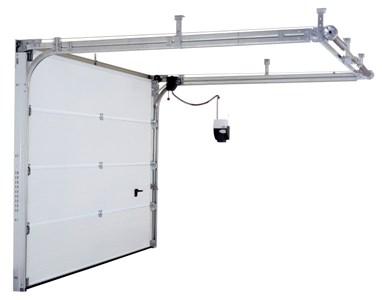
Comments